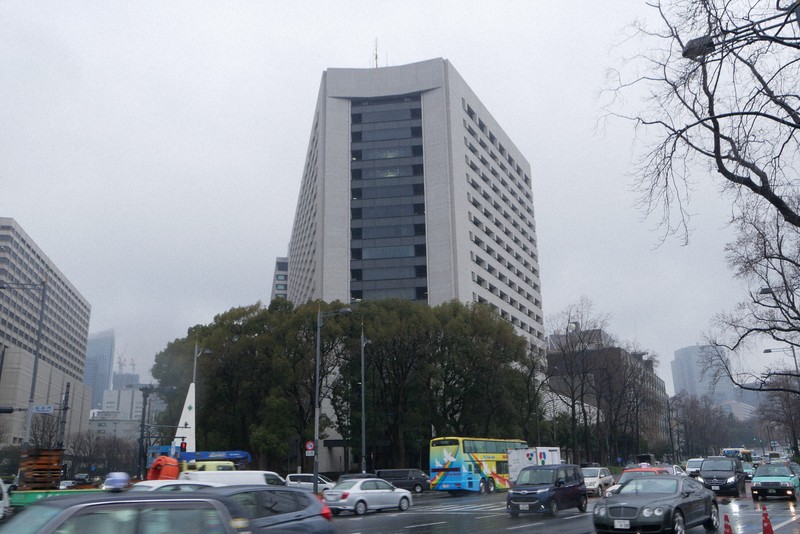The controversial acquittal of a defendant in the Okawahara case is raising questions within the Japanese criminal justice system. Critics argue the non-prosecution of the investigator in the case is unjust and has sparked a public outcry for accountability and reform. The court's decision poses significant implications for how discord between prosecution and verdicts will be handled in the future.
In Japan, high conviction rates and the adjudication process have often come under scrutiny. Accountability in the criminal justice system is a major concern, and the Okawahara case adds fuel to this ongoing debate. Japanese society values fairness and justice, and there is growing public call for increased transparency in legal procedures.
In the US and EU, wrongful conviction and prosecutorial misconduct are serious issues. They often lead to calls for legal reform and, in some cases, can result in significant changes to the justice system. While prosecutorial immunity exists to some extent, there is a stronger system for holding prosecutors accountable for any misconduct than in Japan.

